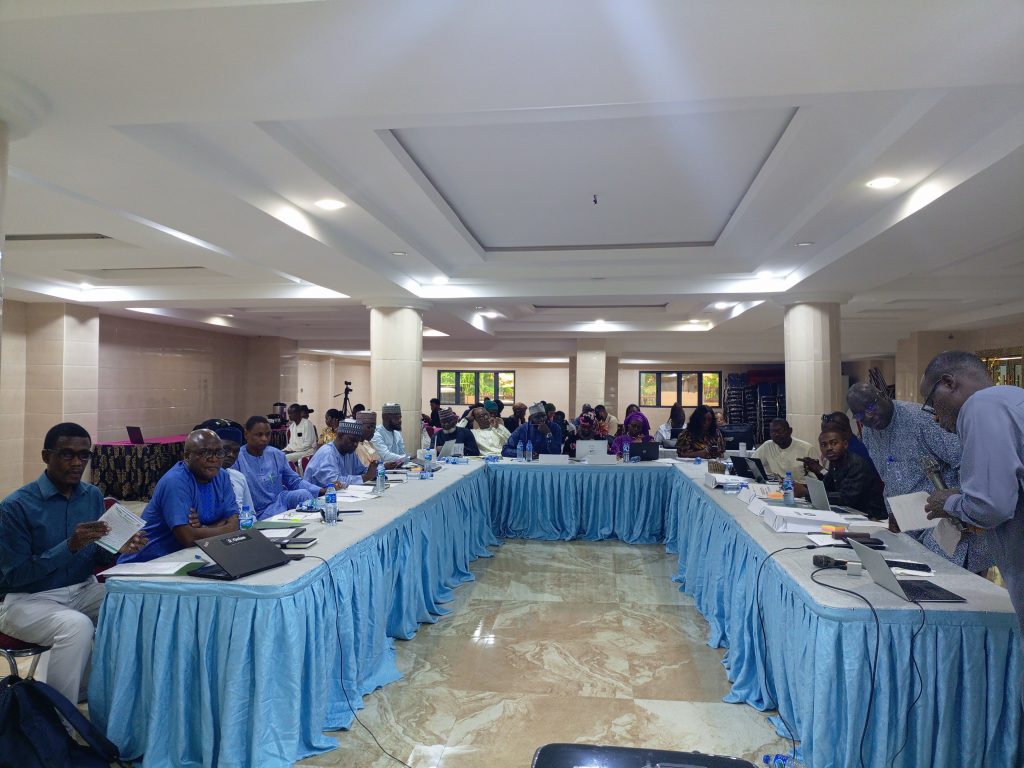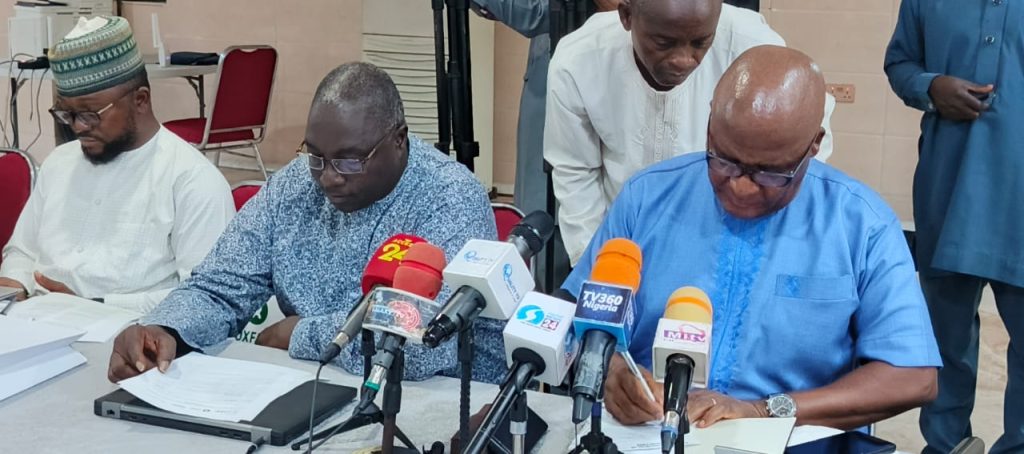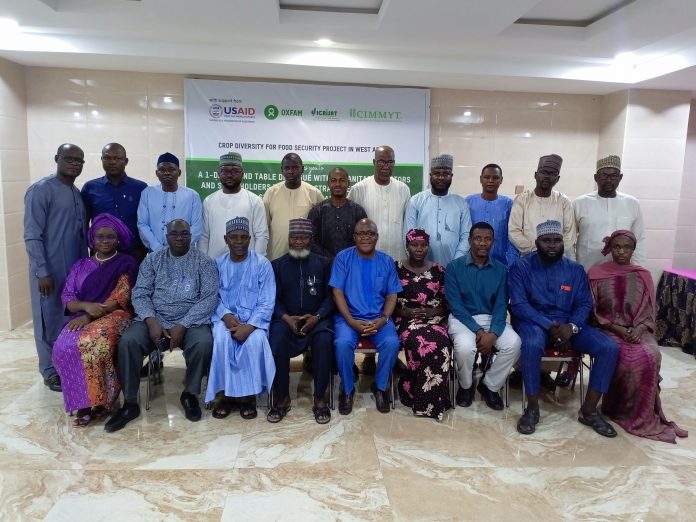Oxfam in Nigeria, in collaboration with the International Maize and Wheat Improvement Centre, CIMMYT, and the International Crops Research Institute for the Semi-Arid Tropics, ICRISAT, has launched a project aimed at boosting local seed systems and enhancing agricultural sustainability in Nigeria.
Country Director of Oxfam in Nigeria, John Makina, who was speaking during a one-day round table dialogue held in Abuja, noted the need for a self-sufficient seed system to ensure long-term food security and agricultural sustainability in the region.

Makina highlighted that while free seed distribution is well-intentioned, it has often led to market distortions, farmer dependency, and the introduction of unsuitable crop varieties.
This project seeks to address these issues by enabling local farmers and their organizations to produce, test, and distribute diverse and adaptable seed varieties, fostering a sustainable and resilient agricultural system,” Makina stated.
According to him, “ A pilot program has been implemented in Bauchi and Jigawa states, where farmers now have access to five new varieties of millet and sorghum. This success results from the rigorous testing of ten different varieties in 20 community farmer field school demonstration plots. These achievements underscore the importance of involving farmers directly in the decision-making process.”

Makina noted that the partnership with Oxfam Novib and the USAID Bureau for Humanitarian Assistance has fundamentally transformed support for vulnerable smallholder farmers, especially in conflict-affected regions.
He said,”Oxfam Novib and USAID Bureau for Humanitarian Assistance, have fundamentally transformed how we support vulnerable smallholder farmers, especially in conflict-affected regions. This partnership is a beacon of hope for sustainable agricultural development.
“Today’s meeting is critical as we advocate for a shift from the continuous distribution of free seeds to a more sustainable approach that empowers communities to produce their own seeds. Our goal is to establish a resilient and self-sufficient seed system in the project regions. By doing so, we can ensure long-term food security and agricultural sustainability.
“This collaborative effort is essential to strengthening local seed systems and enhancing agricultural resilience.
Also Speaking, Country Director ICRISAT, Agarawai Ignatus, stressed the importance of mitigating climate risk and providing farmers with access to quality seeds. He pointed out that crop diversity and seed quality are crucial for addressing challenges such as insect damage, drought, and insecurity in project areas.
He said the project aims to mitigate climate risk and provide farmers with access to quality seeds.
“We can have a good strategy to enhance the normalcy system in fragile systems, especially in the dry land.
He added “we know there are things that are valuable on a farm that can help the farmers seed because it accounts for 50% of the farm Investment outcomes.
So is in the context of that, considering also, climate change in the present dispensation is the issue of climate risks. And our farmers are really exposed to those climate challenges.
“So to mitigate climate risk, there is the need to have crop diversity on the farm lands but we do seed quality to enable the farmers us no losers in there probably insect damage or dry land, the kind of droughts above ground that there is also challenges with insecurity, the sum of those project areas, which in most cases, live farmers, those who are maybe coming back from the attack with no seeds, which create opportunity for humanitarian actors to see how they can make it available to those bugs.
On his part, Regional Director of National Agricultural Seeds Council Mallam Abdul Danlami, pledged to continue backing innovative initiatives that enhance the well-being and prosperity of Nigerian farmers.
He said ‘Our mission is to build a market driven seed industry for the production and distribution of higher quality seeds and improved planting materials that are available accessible and affordable to all farmers
Project Coordinator, NUNU Nigeria, Humsa Yakubu, said, “in order to enhance farmers production and productivity, they have to have access to devices that have ground solar lands that are resistant to some diseases and we know that climate change is affecting the agricultural sector negatively.
She noted that ‘this is a great opportunity to analyze because we’ve been providing our farmers with seeds. We just finished our input distribution for 2024 season so it will be essential for us to learn and on them. Some tips that we usually do during our into distribution in ensuring that farmers have access to this advice.



